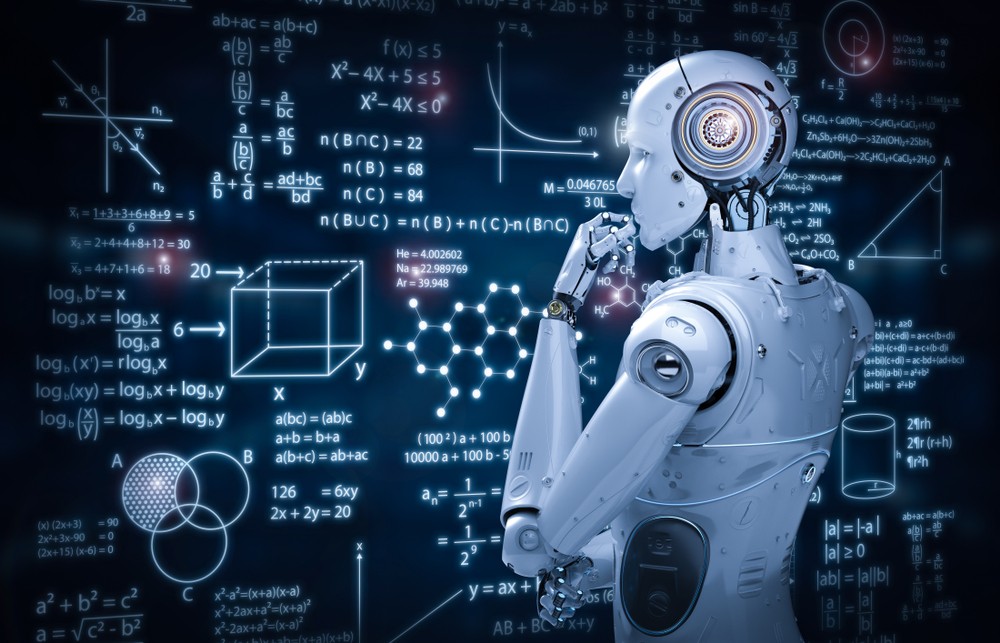After the coronavirus pandemic, the world will be quite different. Whether the current lockdown lasts weeks or months, very little will remain unchanged by COVID-19. A special report from Cognizant’s Center for the Future of Work, After the Virus: A Special Report Looking Back on the Next Five Years, explores the most probable shifts across healthcare, education, retail, travel, technology, and government as the world becomes more connected and virtual. The report was written from a future perspective – as if the events were being chronicled in 2025, tracing the changes that unfolded in the immediate years following this pandemic.
The world in 2025
The team from Cognizant’s Center for the Future of Work considers and shares its predictions post COVID-19, some technical – temporal body scans upon entering buildings or entering events, the formation of the Health Security Agency, a future virtual workforce – and others more general, such as the rising cost of ageing, creating a more sustainable future, and giving up privacy for the greater good.
Nine observational predictions highlighted in the report include:
- Online’s Big Bang: IT has only scratched the surface and frictionless UX design will be seamless for collaboration platforms like Betterworks, Krisp, Muzzle and Trello. The use of mixed reality will see a big boost as companies design virtual workspaces like The Wild or Hub Culture’s Emerald City.
- Home is Where the Work Will Be: Expect to see homes and apartments built or retrofitted with soundproofing, separate voice-driven entrances, Gorilla Glass walls and a permanent shift toward remote work as the norm, not the exception for most businesses. The wirearchy movement, based on knowledge, trust, credibility and a focus on results will enable interconnected people and technology.
- Business Travel Loses its Cool: Business travel will decrease significantly as new technologies make the decision to stay put easy for most business meetings and events as they go virtual. We also expect the flygskam or flight shaming movement to go global.
- Health Screening Will be Ubiquitous: Just like the TSA was formed in the U.S. after 9/11, a Health Security Agency will be formed to be ensure people are healthy to travel and move about buildings with an “OK2GO” scan becoming mandatory for everyone.
- Gaia and Greta-From the Fringe to the Mainstream: Greta Thunberg forced the world to pay attention to climate change and now the rest of the world has seen what the immediate impact of staying home has done to help the world realize that Gaia theory will be more than fringe quackery. Just look at Italy and Los Angeles as examples.
- Humans in the Machine: Multi-sensory virtual interaction will explode as the rise of haptic interfaces in the form of gloves, full-body suits (like Teslasuit or HaptX textiles) allow users to feel tactile sensations–not just see and hear-through virtual reality.
- Privacy is Another Casualty of the Virus: The long-term implications of a permanent surveillance infrastructure has become apparent for governments as the recognition that personal data will become a new sources of economic wealth.
- The Cost of Aging in a Post-Pandemic World: As the world population grows older, Gerontechnology will emerge as a new field of study aimed helping the older population age at home with new technologies and reduce the economic constraints placed on our global healthcare systems.
- The Birth of the Clean Regime: The war against pathogens will be fought differently than pre pandemic. Businesses will adopt corporate hygiene policies and new startups like Blueland and Truman’s will make cleaning sexy.
Ben Pring, Director of Cognizant’s Center for the Future of Work, explains: “This report attempts to offer our observational predictions for what is coming after the pandemic. Very little in the world will remain unchanged by the COVID-19 virus. We have looked at leading indicators of what is to come, not only to the future of work, but to the future of everything we currently understand in our society.
“Technology is at the heart of this recovery, but there will be unintended consequences as well and it remains to be seen how global government, education, business and the healthcare systems will reconstruct themselves to serve the new world order.”




